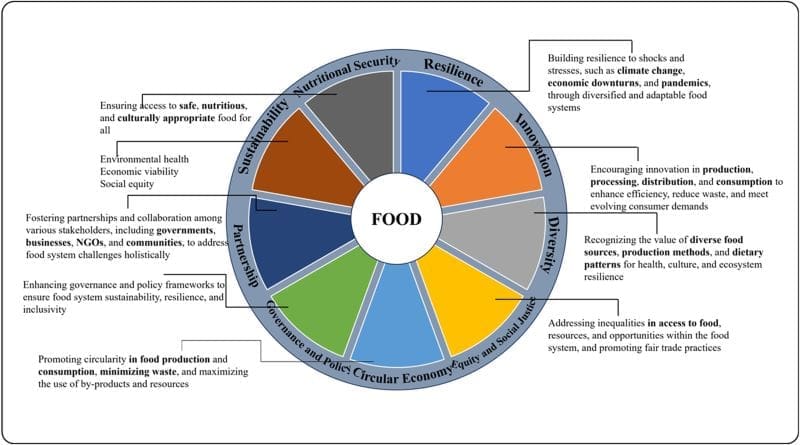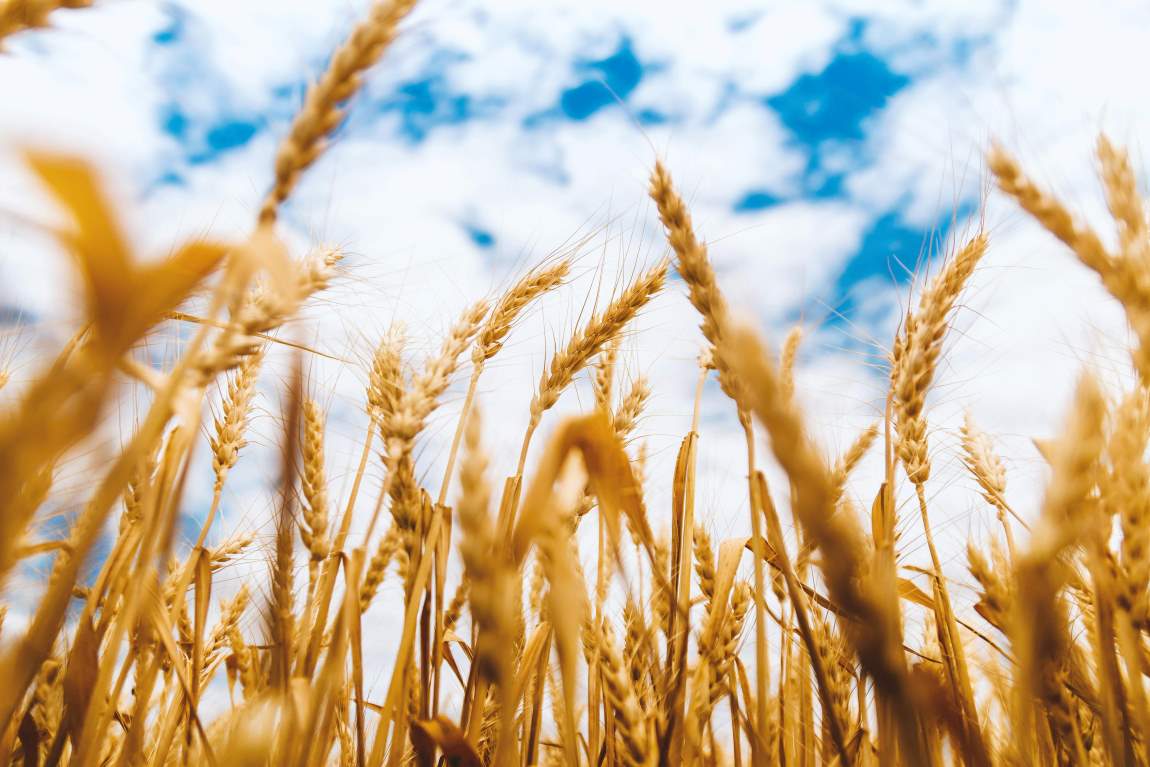According to a recent study, unlocking the potential of the region’s people and farming systems could pave the way for a resilient and self-sufficient food future.
Published in Food and Energy Security, the study led by researchers from the University of Birmingham and the Ethiopian Institute of Agricultural Research, in Addis Ababa, proposes a comprehensive blueprint for addressing these challenges. This approach aims to enhance the resilience of food systems by building on existing assets, such as the region’s abundant agricultural resources, rich genetic diversity, and youthful population.
Sub-Saharan Africa faces a multitude of interlinked issues that hamper agricultural productivity. Among these, climate change stands out as a primary driver of food insecurity. Variability in rainfall patterns, temperature fluctuations, and extreme weather events have a direct impact on crop yields and livestock production, intensifying the region’s vulnerability.
Other obstacles include inadequate infrastructure, which limits access to markets and agricultural inputs, and a lack of modern agricultural technologies, which hinders productivity and efficiency. In addition, political instability and conflict in certain regions exacerbate the situation, disrupting supply chains and displacing farming communities.
However, the researchers argue that despite these barriers, Sub-Saharan Africa holds significant untapped potential for food security.

A blueprint for resilience
The proposed blueprint for Sub-Saharan Africa’s food future emphasizes several key factors that could enhance resilience across the region’s food systems.
Co-author Dr. Helen Onyeaka, from the University of Birmingham, highlights the importance of these strategies: “Sub-Saharan Africa faces many obstacles, but there are several drivers of food resilience that offer hope for a brighter future and greater food security across the region.”
Among the strategies identified in the report are:
- Technology integration: By leveraging digital tools and data-driven approaches, agricultural practices can be optimized, increasing productivity and reducing waste. Precision agriculture, satellite-based monitoring, and mobile apps that provide real-time data on weather and soil conditions are just a few examples of how technology can revolutionize farming in the region.
- Boosting resilience: Enhancing the resilience of food systems requires diversifying suppliers and empowering local farmers. This involves reducing reliance on external sources, such as food imports, and instead promoting local production. Initiatives that support smallholder farmers, improve access to quality seeds and inputs, and foster local entrepreneurship are critical to building resilience.
- Farmer education: Capacity building through education and training is crucial for equipping local communities with the skills and knowledge needed to implement sustainable agricultural practices. Farmer training initiatives, particularly in climate-resilient farming techniques, can help mitigate the effects of climate change on food production.
- Collaboration across sectors: The study calls for stronger collaboration between governments, non-governmental organizations (NGOs), the private sector, and local communities. Partnerships are needed to bridge gaps in capacity, ensure the dissemination of best practices, and foster innovation in food production.
While the region faces several structural challenges, the study underscores that Sub-Saharan Africa also possesses unique advantages. Among these is its vast agricultural potential, which remains largely underdeveloped. The region’s genetic diversity in crops and livestock offers a wealth of opportunities for developing more resilient and adaptable varieties. Moreover, Sub-Saharan Africa’s youthful population represents a significant workforce that can drive agricultural transformation if adequately trained and supported.
As Dr. Onyeaka noted, “By leveraging abundant agricultural resources, genetic diversity, and a youthful population, Sub-Saharan Africa can transform its food systems and enhance self-sufficiency.”
Addressing climate change
With climate change being one of the most pressing threats to food security in the region, adaptive strategies are urgently needed. The researchers advocate for climate-smart agriculture, which incorporates practices such as agroforestry, water management, and conservation tillage to enhance soil health and water retention while reducing greenhouse gas emissions. These practices not only improve resilience to climate change but also promote long-term sustainability in agricultural production.
The blueprint also stresses the importance of policy reforms that prioritize climate adaptation in national agricultural strategies. Governments must take a leading role in creating an enabling environment for sustainable agriculture by providing incentives for the adoption of climate-resilient practices and investing in infrastructure that supports agricultural development.
The researchers’ findings provide a clear roadmap for enhancing food security in Sub-Saharan Africa. By focusing on local empowerment, sustainable practices, and technological integration, the blueprint offers a holistic approach to overcoming the region’s challenges. However, successful implementation will require coordinated efforts from governments, international organizations, and local communities.
As climate change, population growth, and urbanization continue to place pressure on food systems, the need for immediate action is more critical than ever. The blueprint offers a hopeful vision of a future where Sub-Saharan Africa can unlock its agricultural potential and ensure food security for generations to come.
Journal Reference:
Solomon Abate Mekonnen, Dassalegn Daraje Jalata, Helen Onyeaka, ‘Building resilience in Sub‐Saharan Africa’s food systems: Diversification, traceability, capacity building and technology for overcoming challenges’, Food and Energy Security 13 (4) (2024). DOI: 10.1002/fes3.563
Article Source:
Press Release/Material by University of Birmingham
Featured image credit: JESHOOTS.com | Pexels




